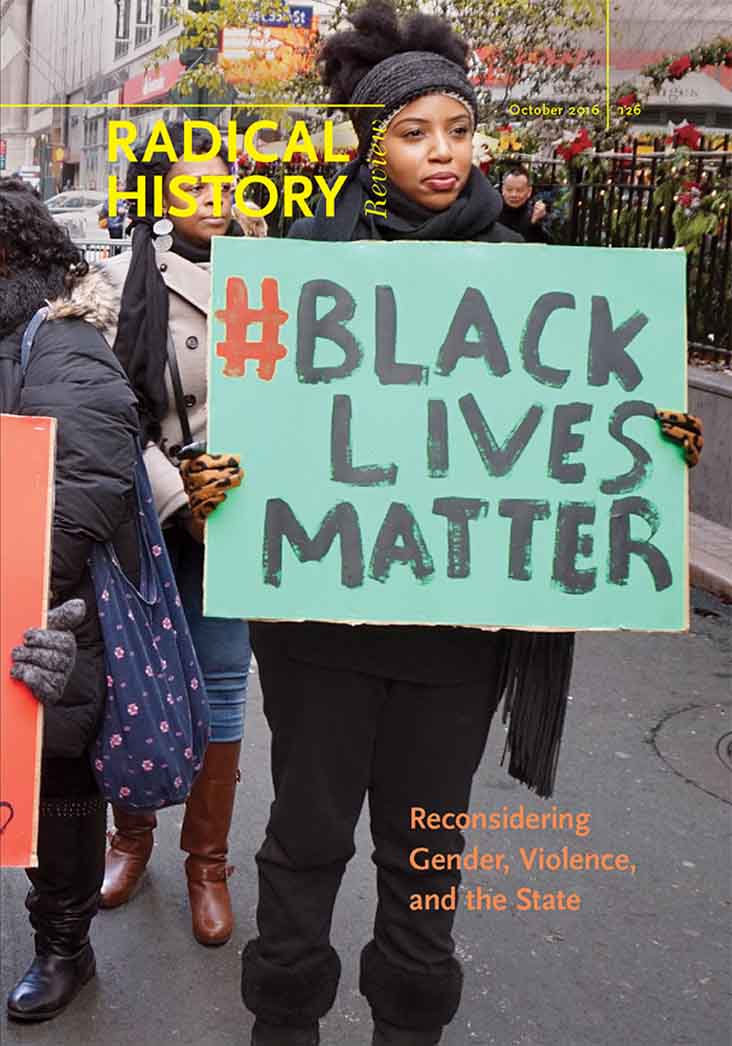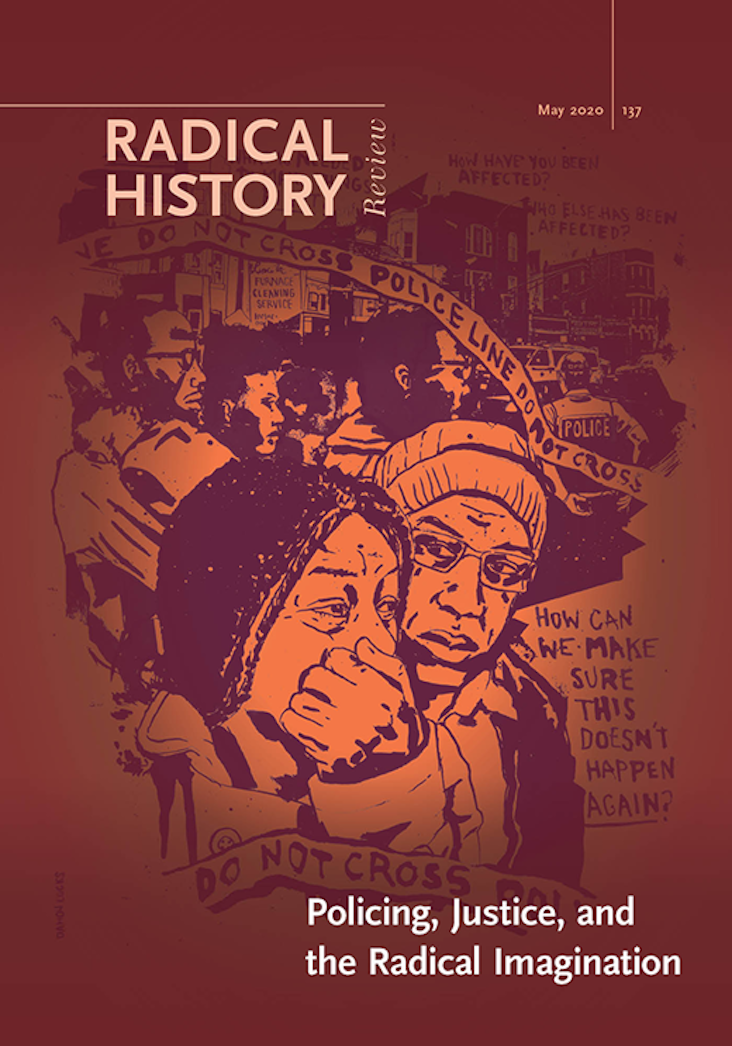The Rest is Political: Radical Histories of Repose
A Call for Proposals from the Radical History Review
Issue number 154 (January 2026)
Abstract Deadline: May 30, 2024 (extended deadline)
Co-Edited by Amy Chazkel and Anup Grewal
Radical History Review seeks contributions to a forthcoming issue that will explore the expansive possibilities when we historicize rest.
Rest is everywhere part of quotidian human experience, and the human body’s need for intermittent periods of restorative unconsciousness is a universal feature of our shared biology. Yet how societies, communities and individuals have segmented sleep in time, sequestered it in space and fought over access to it are matters of historical study. In the wake of the 24-hour workday, chronobiology and other interdisciplinary fields of medical science and public health research emerged in the second half of the twentieth century. Yet calls to “slow down” amidst today’s great speed-up seem to have done little to abate the contemporary public health and social justice crisis.
History does not pause during the minutes and hours of daily repose. On the contrary, sleep is perennially the subject of fervent contestation. The medical, architectural, cultural, social, legal, and political economic dimensions of sleep lend it to critical study; the dangerous, vexing, and by now normalized dearth of it in today’s world makes it the urgent subject of radical history.
Inspired by the contemporary urgency of ensuring the right to restorative time away from labor, with this issue the editors hope to highlight the radical potential for the historical study of sleep and rest, and the opportunities this area of study provides for historians to connect with scholars in the natural sciences, architects and planners, and policymakers and activists.
Collectively, the contributions to this issue, we hope, can redefine spaces of refuge and shelter, question received ideas about obligatory productivity, and probe the boundaries between private and public. We encourage submissions from and about all parts of the world and historical epochs, particularly from the pre- and early-modern eras as well as more contemporary history. We endeavor not necessarily to trace a global, transhistorical trajectory of how people have slept in times past, but rather to find models for studying this element of everyday life whose immense political power is hidden in plain sight.
Topics may include but are not limited to:
- the organization of domestic space and radical solutions to organizing dwellings to accommodate—and to create—patterns of sleep and wakefulness
- the historical archeology of sleep
- how did urban planning account for sleep and rest?
- housing “crises,” or contestations of the right to housing and to places of residence, rest and refuge
- lying down as a form of protest and public resistance
- uses and abuses of the medical science of sleep, in both the premodern and modern eras
- the historical study of lying down and the body at rest; movement, genuflection, and the politics of prostration
- revisiting and revising the classic studies of workers’ struggles over time by centering sleep
- dreams and their interpretation as historical artifacts
- the religious history of rest; “the sleep of the just” as a reward for productive day
- colonial and nationalist metaphors of sleeping, waking, lying down, or standing up
- sleep deprivation as a disciplinary and as an intelligence-gathering strategy
- contestation about when, where, and how, and with whom people may sleep
- social movements and radical ideologies in history that believed in political liberation through rest
- ideas, practices, and contestations over nature/land as requiring rest
- the historically constructed relationship between sleep and the night
Radical History Review publishes material in a wide variety of forms. The editors will consider scholarly research articles as well as photo essays, film and book review essays, interviews, brief interventions, essays on museum and other public history forums, “conversations” between scholars and/or activists, teaching notes and annotated course syllabi, and research notes.
Preliminary inquiries may be sent to issue editors Amy Chazkel (ac2227@columbia.edu) and Anup Grewal (anup.grewal@utoronto.ca).
Procedures for submission of articles:
By May 30, 2024, please submit a 1-2 page abstract summarizing the article you wish to submit to our online journal management system, ScholarOne. To begin with ScholarOne, sign in or create an account at https://mc04.manuscriptcentral.com/dup-rhr. Next, sign in, select “Author” from the menu up top, and click “Begin Submission” or “Start New Submission.” Upload a Word or PDF document, including any images within the document. After uploading your file, select “Proposal” as the submission type and follow the on-screen instructions. Please write to contactrhr@gmail.com if you encounter any technical difficulties or have any other questions.
By June 15, 2024, authors will be notified whether they should submit a full version of their article for peer review. The due date for completed articles will be in September 2024. Those articles selected for publication after the peer review process will be included in issue 154 of the Radical History Review, scheduled to appear in January 2026.
Abstract Deadline: May 30, 2024
Contact: contactrhr@gmail.com





